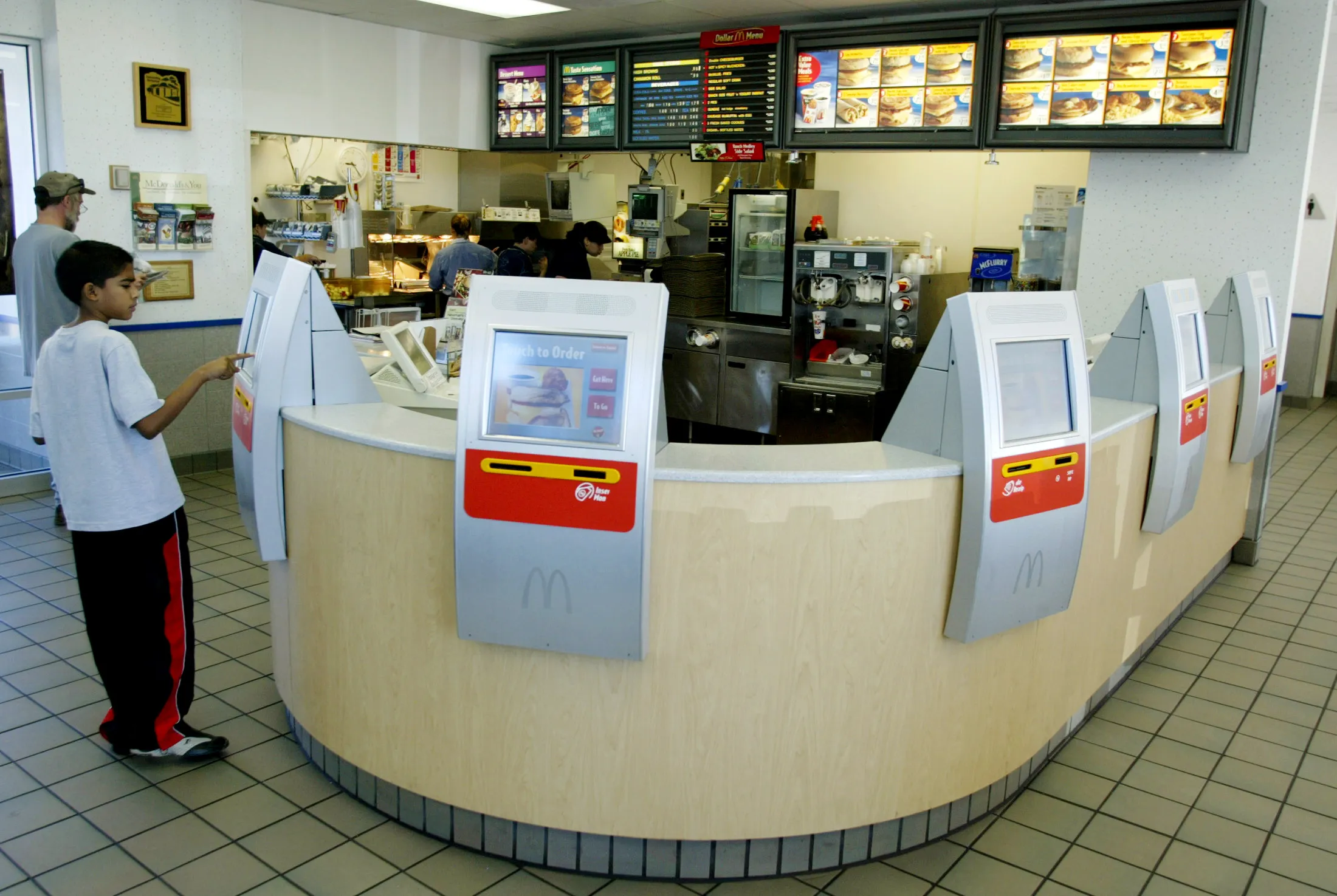Embracing Automation: Fast Food Industry Adapts to Minimum Wage Increases
In response to recent minimum wage hikes, fast-food operators are increasingly turning to artificial intelligence (AI) and automation technologies to streamline operations and mitigate rising labor costs. The implementation of AI-driven solutions represents a significant shift in the fast-food industry, as companies seek innovative ways to maintain profitability and efficiency amid regulatory changes and economic challenges.
Rising Labor Costs Prompt Innovation
The decision to embrace AI and automation comes as fast-food operators grapple with the financial implications of minimum wage increases. With labor costs accounting for a significant portion of operating expenses, higher wages can put pressure on profit margins, particularly for businesses operating on thin margins in competitive markets. In response, many companies are exploring technology-driven solutions to reduce labor costs, improve productivity, and remain competitive in a changing landscape.
Streamlining Operations with AI
AI technologies offer fast-food operators a range of tools and capabilities to streamline operations and enhance efficiency throughout the customer experience. From automated order-taking systems and self-service kiosks to robotic kitchen assistants and predictive analytics for inventory management, AI-driven solutions are revolutionizing the way fast-food restaurants operate. By leveraging AI to automate routine tasks and optimize processes, companies can reduce reliance on human labor and improve overall operational efficiency.
Enhancing Customer Experience
In addition to operational benefits, AI technologies have the potential to enhance the customer experience in fast-food establishments. Self-service kiosks allow customers to customize their orders and place them quickly and accurately, reducing wait times and improving order accuracy. AI-driven recommendation engines can analyze customer preferences and purchase history to suggest relevant menu items, increasing upsell opportunities and customer satisfaction. By leveraging AI to deliver personalized and efficient service, fast-food operators can differentiate themselves in a competitive market and drive customer loyalty.
Addressing Labor Shortages and Turnover
The adoption of AI and automation in the fast-food industry also comes at a time of increasing labor shortages and turnover rates. With unemployment at historic lows and competition for hourly workers intensifying, fast-food operators are facing challenges in recruiting and retaining employees. By investing in AI-driven solutions, companies can reduce their reliance on human labor and minimize the impact of labor shortages on operations. Additionally, automation technologies can alleviate the burden on existing employees by automating repetitive tasks and allowing them to focus on more value-added activities.
Overcoming Implementation Challenges
While the potential benefits of AI and automation are significant, fast-food operators must navigate various challenges in implementing these technologies effectively. Integration with existing systems and processes, employee training, and ensuring data security and privacy are among the key considerations for successful implementation. Additionally, there may be resistance from employees and concerns about job displacement, requiring companies to communicate transparently and proactively engage with their workforce throughout the transition.
Future Outlook and Opportunities
Looking ahead, the adoption of AI and automation is expected to continue shaping the fast-food industry, driving innovation and transforming the way restaurants operate. As technology continues to evolve and become more accessible, fast-food operators of all sizes will have the opportunity to leverage AI-driven solutions to improve efficiency, reduce costs, and deliver superior customer experiences. By embracing automation and innovation, fast-food companies can position themselves for long-term success in an increasingly competitive and dynamic market landscape.
































